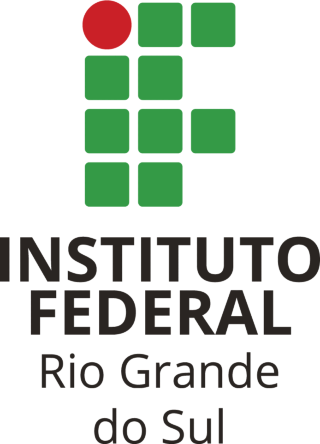Um conjunto de atividades investig(ativas) de função afim ancoradas no modelo híbrido
| Title: | Um conjunto de atividades investig(ativas) de função afim ancoradas no modelo híbrido |
| Author: | Silva, Giulia Gonçalves da |
| Abstract: |
A tecnologia evolui a cada instante e o espaço escolar precisa acompanhar essa evolução e adotar práticas de ensino que abordem a utilização da tecnologia na sala de aula, aproximando os alunos deste recurso sob uma perspectiva diferente: a que ele aprende com ela e a partir dela. A utilização destes recursos nas aulas de matemática é uma ferramenta poderosa e que contribui para que a disciplina seja apresentada de um ponto de vista humano, que valoriza as ideias e as construções dos alunos, fazendo com que se desmistifique a cultura de que “a matemática é difícil” ou que “a matemática é um dom” e que seja desenvolvido o pensamento de que a matemática é para todos. Ainda sob esta perspectiva, as atividades investigativas em matemática contribuem para esse mesmo olhar, inserindo-se em um cenário em que os alunos raciocinam, observam, pensam, constroem, testam e argumentam, construindo assim a sua aprendizagem. Neste sentido, este trabalho teve como objetivo criar um conjunto de atividades investigativas de função afim para o 1o ano do ensino médio, integrando as tecnologias e possibilitando a utilização de modelos híbridos de ensino na esfera da Educação Pública Estadual do Litoral Norte do RS. A pesquisa utilizou da abordagem qualitativa e sob o ponto de vista dos objetivos foi exploratória, adotando a metodologia de grupo focal para coleta de dados, que objetivou investigar as considerações de professoras de matemática e de alunos acerca do conjunto de atividades investigativas para a sala de aula invertida. Os dados foram coletados a partir da discussão com os membros dos grupos (1) o grupo de professoras e (2) o grupo de alunos. O conjunto de atividades adotou o modelo híbrido de ensino de sala de aula invertida, portanto foram elaboradas três atividades presenciais e três atividades remotas, que sucediam as presenciais. As atividades presenciais eram do tipo investigativas e as remotas consistiam em um material teórico do conteúdo de função afim e em um questionário. Quanto aos resultados da pesquisa foi possível identificar que as professoras gostaram das atividades elaboradas, porém há um receio e falta de domínio das tecnologias e ainda uma preocupação a respeito do tempo, seja de planejamento ou tempo de aula necessário para a execução das atividades. Os alunos por sua vez mostraram-se engajados nas propostas investigativas e com o uso das tecnologias, sugerindo ideias para a melhoria das atividades. Technology evolves with every instant, and the educational space needs to keep up with this evolution by adopting teaching practices that address the use of technology in the classroom, bringing students closer to this resource from a different perspective: one in which they learn with it and from it. The utilization of these resources in mathematics classes is a powerful tool that contributes to presenting the subject from a human standpoint, valuing students' ideas and constructions, demystifying the culture that "mathematics is difficult" or that "mathematics is a gift," and developing the notion that mathematics is for everyone. Still within this perspective, investigative activities in mathematics contribute to this same view, fitting into a scenario where students reason, observe, think, construct, test, and argue, thereby constructing their own learning. In this sense, this work aimed to create a set of investigative activities for linear functions for the 1st year of high school, integrating technologies and enabling the use of hybrid teaching models in the context of the State Public Education of the North Coast of Rio Grande do Sul, Brazil. The research used a qualitative approach and from an objective standpoint, it was exploratory, adopting the focus group methodology for data collection, which aimed to investigate the considerations of mathematics teachers and students about the set of investigative activities for the flipped classroom. Data were collected through discussions with the members of two groups: (1) the group of teachers and (2) the group of students. The set of activities adopted the hybrid model of flipped classroom teaching, so three in-person activities and three remote activities were developed, with the remote activities following the in-person ones. The in-person activities were investigative in nature, while the remote ones consisted of theoretical material on the content of linear functions and a questionnaire. As for the research results, it was possible to identify that the teachers liked the developed activities, but there is apprehension and a lack of mastery of the technologies, as well as a concern about time, both in terms of planning and the class time needed to execute the activities. The students, on the other hand, showed engagement in the investigative proposals and with the use of technologies, suggesting ideas for improving the activities |
| URI: | https://dspace.ifrs.edu.br/xmlui/handle/123456789/1157 |
| Date: | 2023 |
Files in this item
| Files | Size | Format | View | Description |
|---|---|---|---|---|
| 1234567891157.pdf | 3.097Mb |
View/ |
Texto completo |



